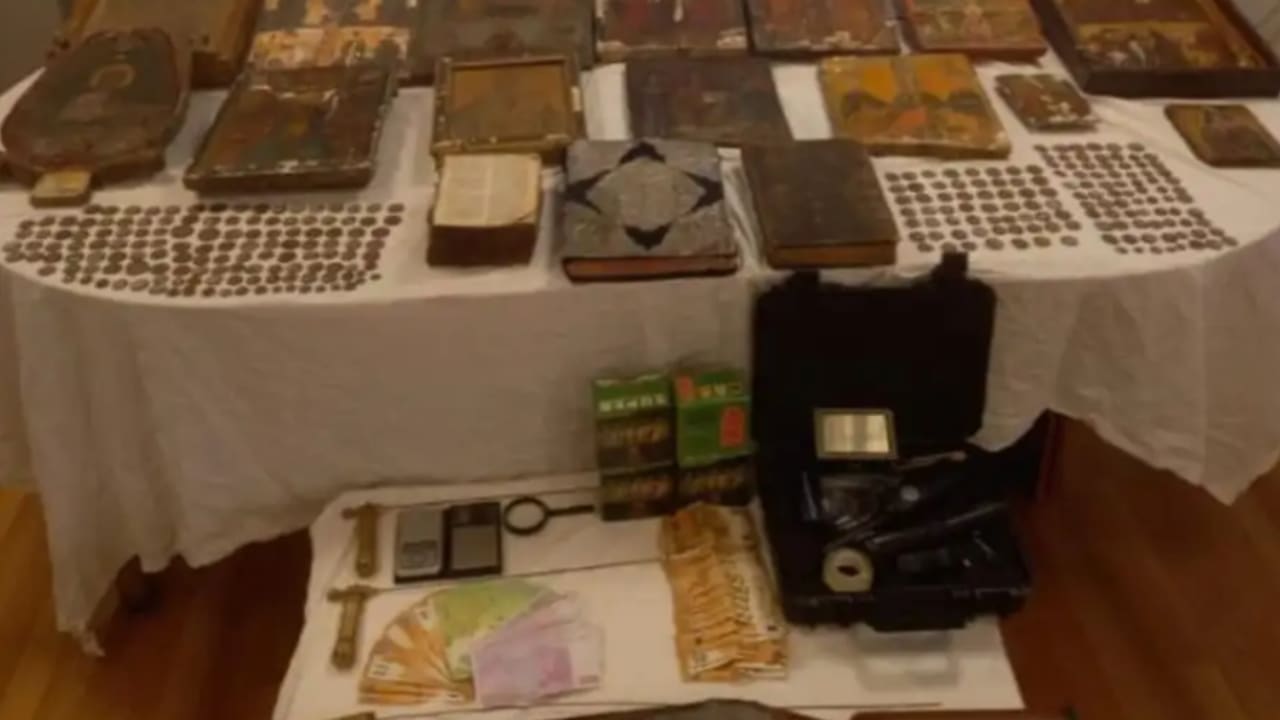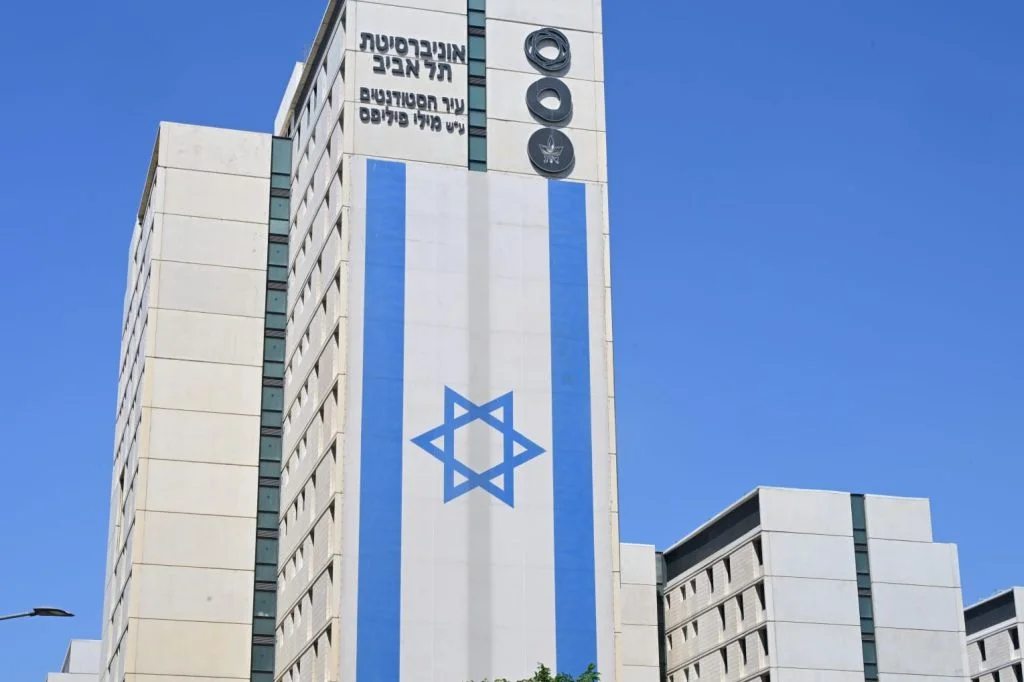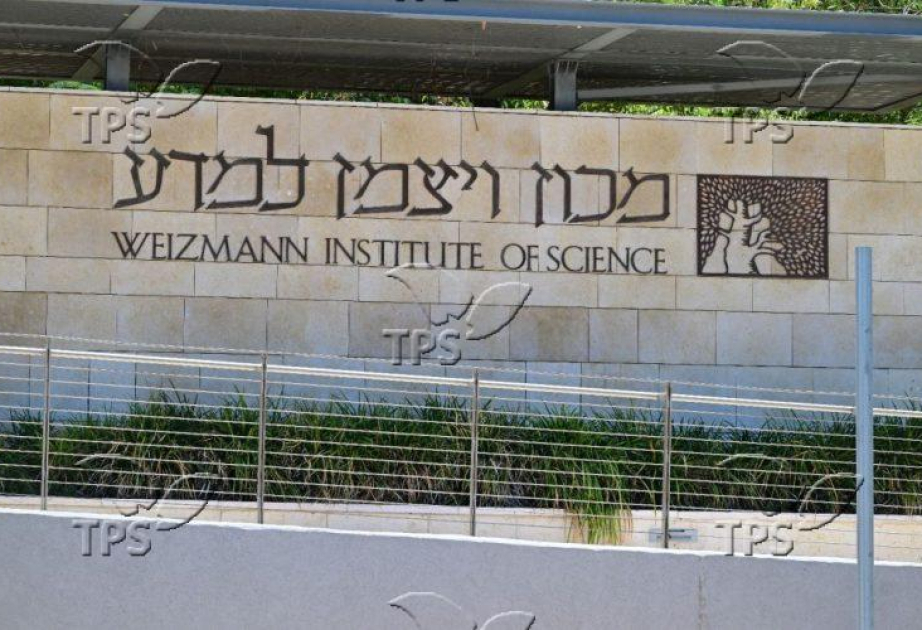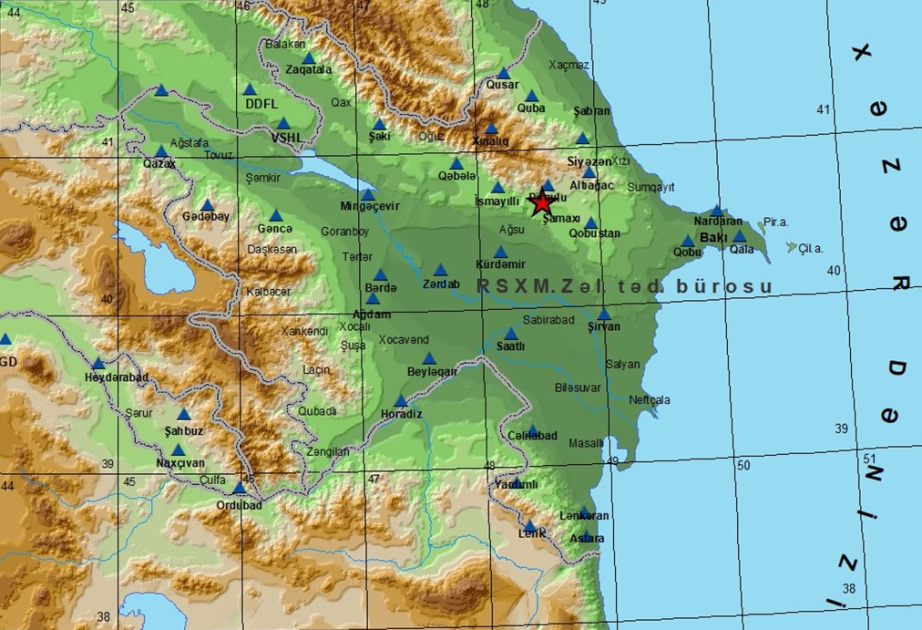ByJERUSALEM POST STAFF
Hellenic Police say two undercover officers posed as buyers in a 3-month sting, leading to arrests of an assistant, a pawnbroker and his wife, and two intermediaries for antiquities trafficking.
On Monday afternoon, September 8, 2025, the abbot of the Great Cave (Mega Spilaio) Monastery in Kalavryta, Greece, was led to the Corinth Prosecutor’s Office with others involved in the case, and they requested and received an extension to testify next Thursday. Prosecutors filed criminal charges for formation, direction, and membership in a criminal organization, embezzlement, failure to declare a monument, and possession and trafficking. The abbot was accused of attempting to sell religious relics, some reportedly stolen and not from the monastery, and the investigation remained active.
The Holy Metropolis of Kalavryta and Aigialeia replaced the members of the Monastic Council of the Great Cave Monastery, citing urgent needs under Article 4 of the monastery’s internal regulation. The Metropolitan of Kalavryta and Aigialeia, Hieronymus, took over as abbot and president of the abbot’s council, with monk Barnabas Vadeboulis and the Metropolis’ legal advisor and president of the Bar Association of Aigialeia, Georgios Beskos, appointed as members. The Metropolis said it would request the case file to be informed and would declare civil action to secure the monastery’s interests. The Metropolitan suspended the abbot and his hieromonk assistant until the case was clarified.
Police arrested the 63-year-old abbot and his 39-year-old hieromonk assistant in the act during a transaction involving ecclesiastical items. A pawnbroker and his wife were arrested as accomplices, along with two other intermediaries. The operation by the Hellenic Police Directorate for Combating Organized Crime (DAOE) followed three months of monitoring that began with complaints and an anonymous tip about four individuals engaged in searching for, finding, and selling antiquities in Greece. Authorities gathered evidence of meetings at multiple locations, including inside the monastery.
Two undercover police officers posed as buyers and contacted members of the group. A male officer negotiated with the abbot to purchase part of the relics for 200,000 euros, and a female officer also posed as a buyer. The abbot was caught trying to sell two rare Gospels dated 1737 and 1761, along with 17 Byzantine icons, for 200,000 euros to an officer. Hellenic Police released photos of the items prepared for sale, and a team from the Ministry of Culture joined the investigation to assess their value.
Investigators mapped internal roles in the network. The alleged mastermind was a 69-year-old man who presented himself as an appraiser and made final decisions on purchases, sales, and pricing. A 59-year-old man and a 66-year-old man located individuals who had ancient objects, and the 66-year-old also conducted archaeological research and excavations. Three individuals aged 39, 63, and 64 possessed Gospels, ancient books, coins, and Byzantine icons, which they agreed to sell. The core group included a pawnbroker known as Thanasis, who owned a pawn shop in Aigaleo, an appraiser, and a baker in Kalavryta whose brother was a monk.
Following the complaints, an undercover officer contacted the appraiser’s group on Saturday morning, September 6, to arrange a sale. After the meeting location changed, the group told the officer to contact a livestock farmer in Sofiko and the abbot before setting a joint meeting. An undercover officer approached the abbot, who refused to travel to a new meeting point in Tripoli and asked the officer to come to the monastery. On Sunday afternoon, September 7, the pawnbroker went to the monastery while colleagues discreetly monitored the area. The group agreed to buy Gospels, books, ancient coins, and 18th-century Byzantine icons from the abbot and the monk and discussed a price.
Authorities examined a scheme to sell Byzantine icons and ancient Gospels, with interest in moving objects through connections abroad, including Germany and Cyprus. After the arrests, all those involved were taken to the General Police Directorate of Athens.
Police seized two sacred Gospels dated 1737 and 1761, a religious book from the 18th century, archiepiscopal engolpia, a professional metal detection device, two hunting weapons, 262 hunting cartridges, a knife, seven mobile phones, tablets, a flashlight, a magnifying glass, 18 photographs depicting ancient objects, and numerous documents and notes. Some of the icons the abbot sought to sell were stolen from Sparta.
“When the team was formed and tried to contact the members of the network to convince them that they were indeed real buyers, they found that the members of the network were trying very quickly in a short period to sell these objects, so there was the fear that a buyer with a better offer might be found, so to speak simply, and we would lose the dismantling of the criminal organization. Fortunately, this did not happen,” said Hellenic Police spokesperson Konstantina Dimoglidou, according to Newsit.
The abbot reportedly prepared to sell beyond icons and Gospels, claiming he had a bronze statue of the goddess Artemis, 1.80 meters tall, and that only when the right buyer was found would he begin procedures to sell it. When officers asked to see the statue, he said he could not because he had buried it in a field, and police searched fields around the monastery.
“The same police officers were investigating information they received during the operation from those involved, such as the statue mentioned, which they did not ascertain if it exists,” said Dimoglidou.
“We were all taken by surprise here in Kalavryta. He is very well known in the community and very close to the community of Kalavryta,” said Thanasios Papadopoulos, the mayor of Kalavryta, according to Euro2day.
Police said there were at least 17 old Byzantine icons for sale and Gospels dating shortly after 1700, and they reviewed the provenance of objects found at the monastery and whether they belonged to it or to other monasteries. The case continued to move through the courts while DAOE pursued the network’s intermediaries and channels abroad.















